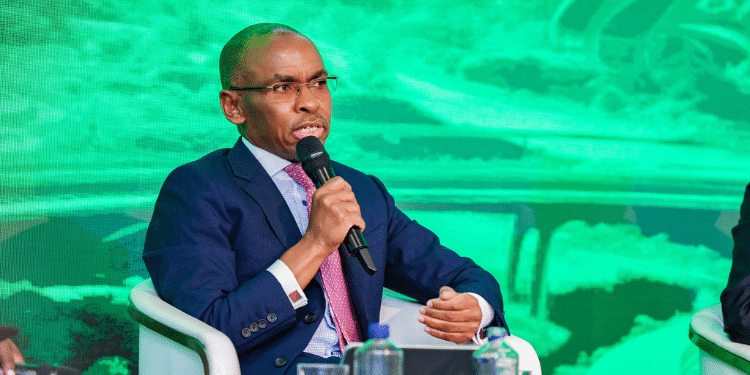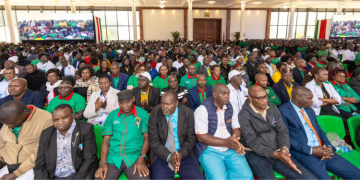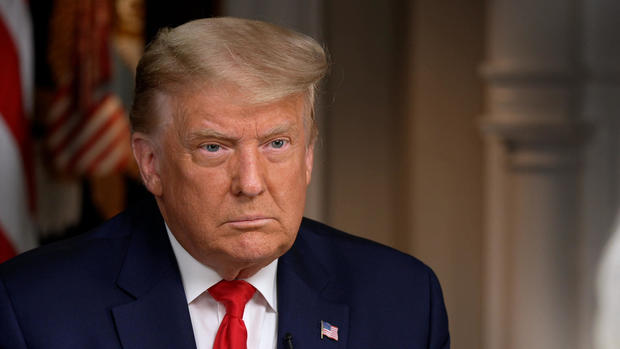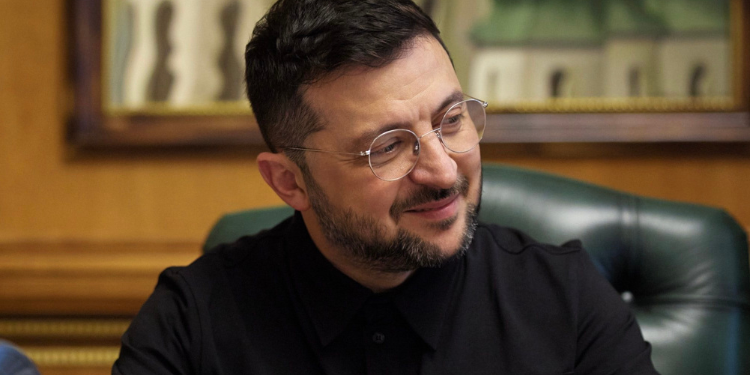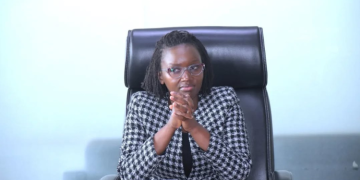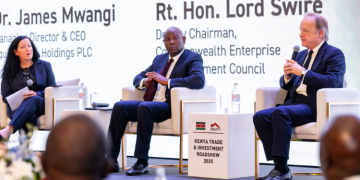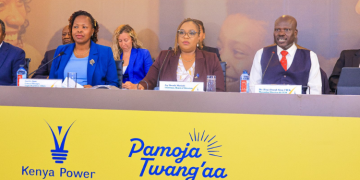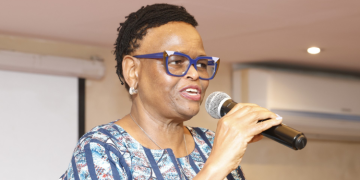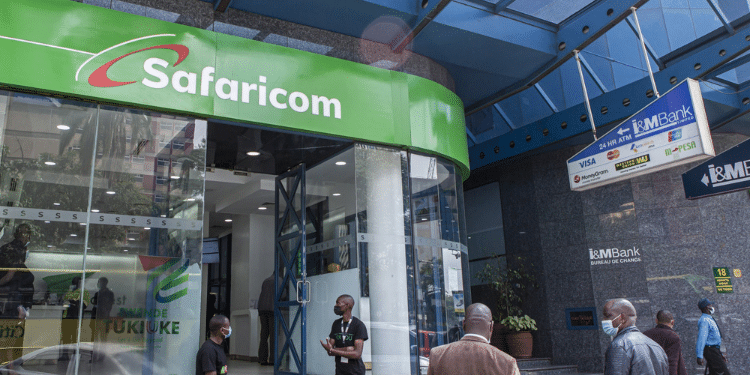Kenya’s government is considering splitting telecommunications giant Safaricom Plc into three units, according to Bloomberg News.
Treasury Cabinet Secretary John Mbadi said an assessment had found that there would be “a huge benefit” from separating the company into a telecommunications firm, a tower operator, and M-Pesa. The government currently owns 35% of Safaricom.
At the same time, Mbadi revealed that the Treasury is also close to resolving a KSh 75 billion tax case with the company.
For years, Safaricom has fended off pressure from regulators and Parliament to split its telecommunications business from its mobile money transfer and lending units. The company has also dismissed claims of unfair competition against rivals Airtel and Telkom Kenya.
Govt Mulls Splitting Safaricom into Telecommunications, Tower, and M-Pesa Units
A spirited attempt by Parliament to make the split a reality failed in early 2021 after MPs snubbed debate on the Kenya Information and Communications (Amendment) Bill, sponsored by Gem MP Elisha Odhiambo.
The bill had sought to address concerns that Safaricom had become too dominant in voice, mobile data, and mobile money.
In 2024, lawmakers revived the 2022 Information and Communications (Amendment) Bill. Regulators and lawmakers pushed Safaricom to split its business into separate entities to reduce its market dominance and allow greater scrutiny.
Safaricom, however, has maintained that separating its mobile money business would add no value to shareholders.
Also Read: Safaricom Announces Discounts on New WIFI Connections
Unlike peers MTN and Airtel Africa, which have hived off their mobile money operations, Safaricom argues that its integration with M-Pesa gives it a strategic advantage.
Airtel Kenya, in contrast, completed the process of separating its mobile money business from its telecommunications arm in 2022, with the new entity now operating as Airtel Money Kenya Ltd (AMKL).
The process began in 2019 following the Central Bank of Kenya’s (CBK) push for more customer-centric policies in the telecom sector.
Also Read: Safaricom to Scrap Current Data Bundles Billing for All Its Customers
Safaricom CEO Rules Out M-Pesa Spin-Off
Safaricom CEO Peter Ndegwa reiterated in May 2024 that the company would not follow Airtel’s path. Instead, Safaricom plans to create a group structure under its publicly listed entity, with M-Pesa, data, voice, and messaging divisions operating as subsidiaries.
“We do intend to go into a group structure, but we do not intend to spin off M-Pesa into a separate business,” he said. “If it happens, it would be in the interest of customers or shareholders. In the absence of either, Safaricom will wait until it is required to do so.”
Ndegwa dismissed calls for a split to ease oversight, noting that M-Pesa is already regulated by the Central Bank while the telecommunications business is regulated by the Communications Authority.
“This has never prevented the two regulators from carrying out their oversight duties,” he said.
The CEO added that Safaricom will establish a holding company (Holdco) in 2025 to manage its various business lines. M-Pesa, which accounts for nearly half of Safaricom’s revenues, will remain a key subsidiary.
“You’ve seen what Airtel and MTN have done. Have they gotten better valuations? Probably not. Have they raised more money? Yes, probably. Do we need more money? No, we don’t,” Ndegwa said.
The Central Bank of Kenya, which regulates M-Pesa, has long advocated for the split to enhance oversight. Safaricom’s voice and data services, meanwhile, are regulated by the Communications Authority of Kenya.
Follow our WhatsApp Channel and X Account for real-time news updates.
